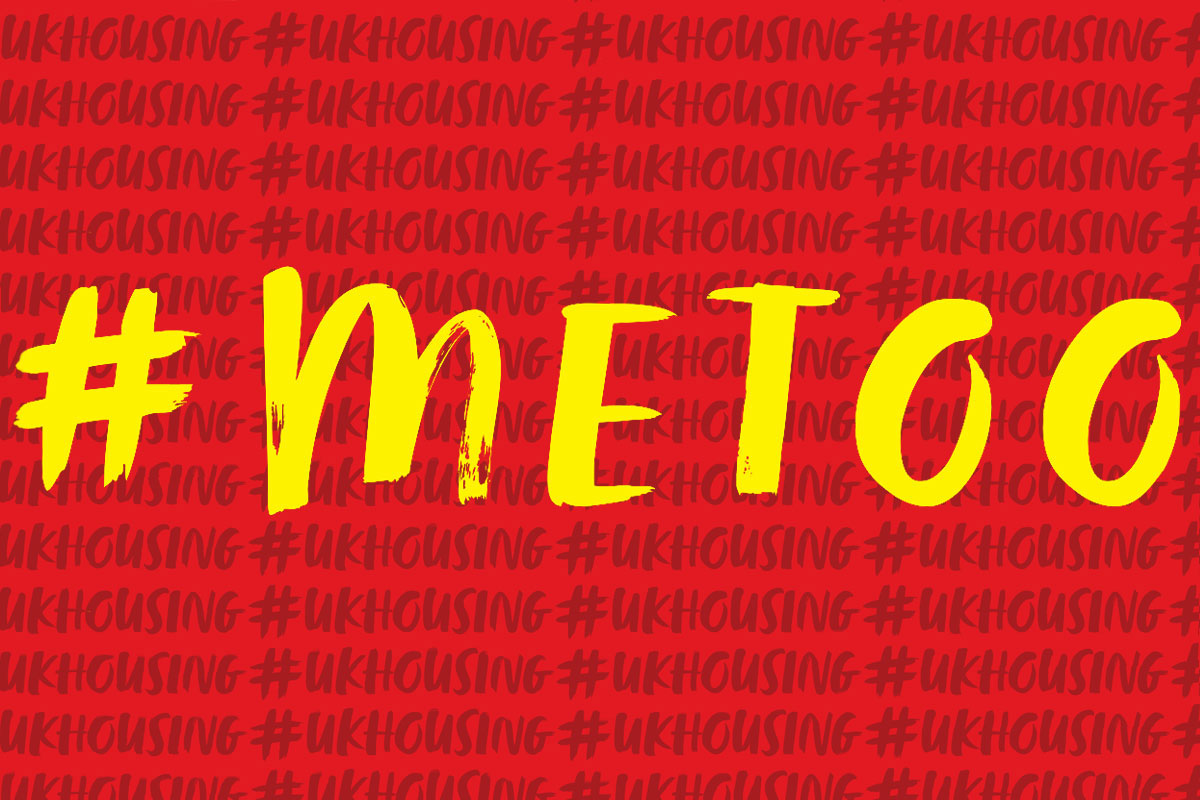The questions boards need to ask to ensure the culture of their organisations is right
Recent stories about poor practices in the charitable sector are a sharp reminder that even if the purpose of an organisation is positive, it still needs to work to create a good culture. That is a job for its board, writes Greg Campbell
Recently, there was yet another depressing article alleging poor practice in the charity sector – this time with reports of bullying, whistleblowing, substantial pay-offs and legal costs, staff sworn to silence, and more at the Alzheimer’s Society.
Now I have no knowledge of this particular case and have not dealt with this organisation, so I won’t pass comment on the veracity of the claims. I do note that the Alzheimer’s Society has said it has “zero tolerance” for bullying and takes any allegations “very seriously”.
Somehow, one expects better from non-profit organisations motivated by charitable aims, working to improve the lot of those they are set up to serve. But we have been here many times before and not just with charities. Poor practice (or worse) exists in all sectors.
However, even I have been surprised at the scale and depth of bad leadership in some organisations I’ve seen recently – and I’ve been around the block a couple of times, as senior manager, former trade union officer, and advisor on governance, leadership and employment to many organisations, non-profits in particular.
There is a particular problem in the charity sector, where it is fair to say that the standards of governance and leadership are at best variable. Most critically, perhaps, regulation is distant.
That’s hardly surprising, as the Charity Commission has more than 168,000 registered charities to deal with across England and Wales and only limited resources – as presently structured, it will only ever be able to engage with a few organisations and only on an exception basis.
In contrast, the housing sector is better provided for: the Regulator of Social Housing has only around 1,600 registered providers to deal with in England and it is harder for bad behaviour to remain hidden.
But problems exist here, too. For instance, the full weight of regulatory attention is reserved for the minority of providers that have more than 1,000 homes, but a lot can happen in organisations under that radar, including some quite substantial care and support organisations with hundreds of staff and service users but relatively few properties.
And Inside Housing’s 2018 survey on discrimination at work highlighted widespread problems in the sector.
It isn’t all about regulation, of course. Regulation can act as a brake.
But first and foremost, it should be up to the organisations themselves – their boards or trustees especially, as the guardians of their organisations’ missions, visions and values – to self-police and ensure that bad behaviour is identified and stamped out.
A range of issues is at play here. It’s about organisational culture, leadership development, coaching/mentoring for leaders, boards’ understanding of their organisations, openness to whistle-blowing, recruitment, and boards’ willingness to be challenged and not just to go for easy options.
To be clear, this should not involve boards getting involved in directing the operational work of their organisations – as distinct from overseeing, setting direction and monitoring outcomes.
So here are my top eight questions for boards that will help them keep their organisations healthy, regardless of the sectors in which they operate.
- Do you understand the culture of your organisation, at leadership level and across the staff team? If no, what steps are you taking to understand it?
- How does the organisation foster and promote diversity and inclusion, and how do you ensure that bad practice is challenged and tackled?
- How does your organisation develop its potential and emerging leaders?
- When you recruit a chief executive or senior executive, especially one who is new to that level of seniority, do you ask them to consider engaging a coach or a mentor (as appropriate)?
- How well do you understand the way that services are delivered and staff managed across the organisation? How would you know if something was seriously awry?
- Are there any tell-tale signs that things may be amiss? Unusual behaviours, perhaps from ‘larger than life’ characters? Too many sudden staff departures, grievances, employment tribunals and the like?
- How open are your structures to whistle-blowing? Is there a direct route to the board or audit committee if required?
- When you recruit a chief executive or senior executive, are you open to being challenged? If you have a strong internal candidate, do you test them against the best the market can offer? And what due diligence do you require with external candidates and their track records?
Greg Campbell, partner, Campbell Tickell












